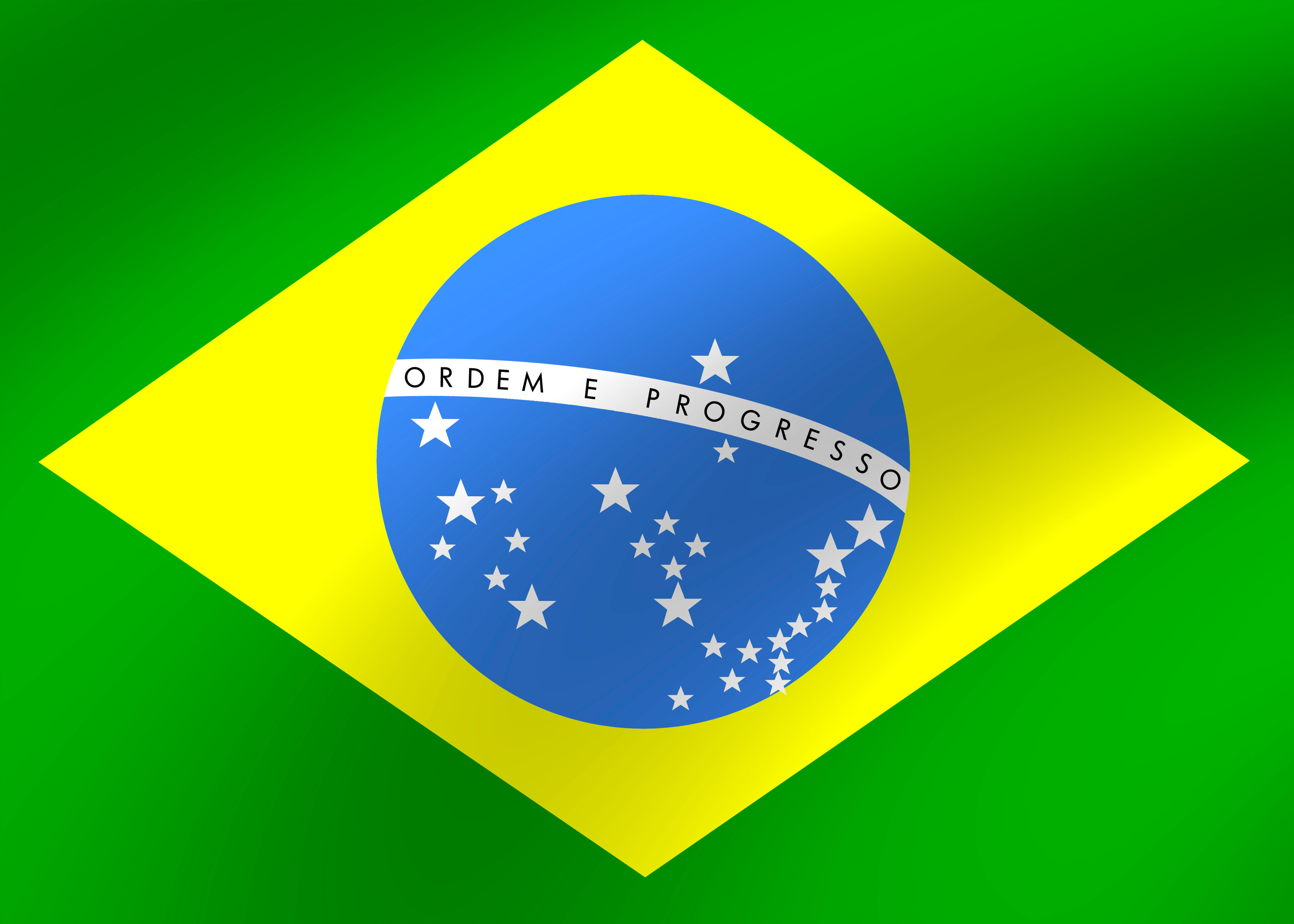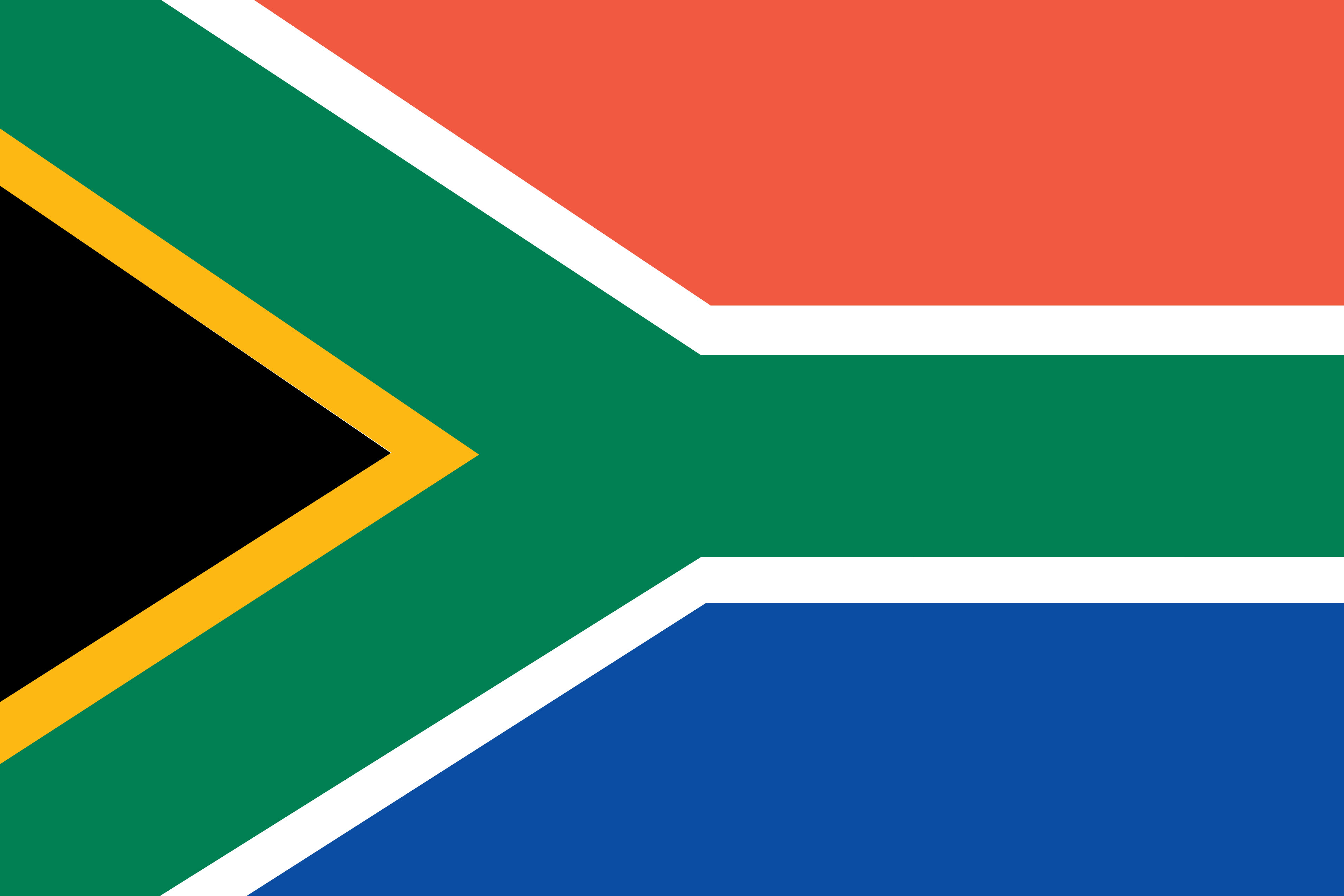Our Projects

Canada
In Canada, achieving social justice by creating equity has not emerged for IBPOC students and faculty. The research examines how equitable institutions could emerge in a post-TRC, post-BLM 2020 context of acknowledgment of the need for race and gender equity and institutional inertia.

Métis Nation

Brazil
In Brazil, the myth of racial democracy, the tendency for affirmative action policy in state universities to focus on class, and the political turn to the right, have increased racial inequality and undermined existing intersectional race equality and Indigenous rights. Research in Brazil explores the negative impacts of right-wing politics on the developments in intersectional racial equality and the possibility for change through decolonizing learning and teaching.

Finland
There have been no Finnish studies on (anti)racism or (de)colonialization in universities. Research in Finland examines how equity for BIPOC faculty and students is possible in a context that is not race cognizant

Sweden
Our research in Sweden will explore whether drawing on BIPOC thought, activism, and experience can disengage the narrative of ‘Swedish exceptionalism’ underlying intersectional institutional racism. Specific research questions are: (1) How do university structures, policies, practices, knowledge systems and affective economies impact everyday marginalization of BIPOC faculty and students and produce exclusion of their concerns in education and research? (2) How can we draw on BIPOC faculty and student experiences and activism to transform curriculum, pedagogy, recruitment, retention, progression, and institutional culture? (3) How can we build decolonial anti-racist classrooms and research ecosystems within a context of professional autonomy, disciplinary inertia, and intersectional institutional racism?
